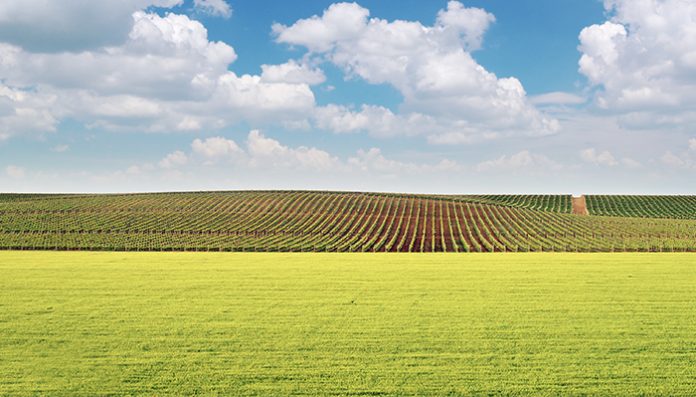Member of Parliament for Pontiac, William Amos, on behalf of the Honourable Marie-Claude Bibeau, Minister of Agriculture and Agri-Food, announced an investment of over $640,000 to the Canadian Organic Growers (COG) to help get more Canadian consumers buying Canadian-made organics produced locally by Canadian organic farmers.
The announcement was made at Chelsea Market, during Canada’s National Organic Week, an annual event to showcase and celebrate organic food farming and products across the country. The demand for organic foods in Canada continues to rise, and there are many hard-working and entrepreneurial organic food producers across the country. However, much of the Canadian demand for organics is met by imported products.
With this investment, COG will develop a strategy to identify and find solutions to organic supply chain barriers so that Canadian organic producers can realize their full economic potential and more Canadian consumers can buy locally produced Canadian organic food.
Strategy recommendations will be assessed and evaluated by an independent industry-wide national advisory committee and a final report will be published that will explore investment opportunities to meet domestic demands and recommendations on how to best seize the opportunities. The report will also help quantify the economic and environmental benefits of increasing domestic organic production and supply chains.
“Demand for organic food is growing rapidly and we want to ensure that it is Canadian producers who are benefitting from that increased demand. Our government is focused on ensuring Canadians have greater self-sufficiency and sustainability in our food supply system, and this investment in the organic sector strategy will help us get there.”
– The Honourable Marie-Claude Bibeau, Minister of Agriculture and Agri-Food
“Canada’s organic growers have reason to celebrate. More and more Canadians are buying the fresh organic produce that we have to offer, both locally and across the country. This strategy will help the organic industry seize new opportunities to ensure Canadian consumers have access to Canadian organic food.”
– William Amos, Member of Parliament for the Pontiac
“As we stand at the juncture of the COVID-19 pandemic and the climate crisis, the launch of this collaborative, industry-wide project is vital for Canadians. Gaining an understanding of the barriers that exist between organic farmers and consumers will help the organic industry meet the growing demand for organic food in Canada and abroad, and play a prominent role in Canada’s economic recovery. This project will also help Canada advance action on climate change through its support for sustainable agriculture practices and the Canadian farmers on the front lines of the climate crisis.”
– Gillian Flies, President, Canadian Organic Growers Board of Directors
Quick Facts
- Since the COVID-19 pandemic started, 13% more Canadians are buying local food more often and almost three-quarters are deliberately buying Canadian.
- Annual retail sales of certified organic products in Canada are approximately $6.38 billion. They have increased by almost $3 billion since 2012.
- Approximately 5,800 certified organic and transitional producers are working on 3.3 million acres of land in Canada.
- Imports of organic goods were valued at $789 million in 2019. Top imported organic products include coffee, bananas, and strawberries. Other imported organic products include blueberries, spinach, and tomatoes.
- Canadian Organic Growers (COG) is Canada’s national organic farmer and consumer association. COG offers training and resources to raise awareness about organics and assist farmers and gardeners in adopting sustainable and commercially viable, organic production methods. They are engaged in policy work and industry development at the local, regional and national levels.
- This investment is made through the Canadian Agricultural Strategic Priorities Program (CASPP), which is a $50.3 million, five-year investment to help the agricultural sector adapt and remain competitive.
Source: ca.finance.yahoo.com









